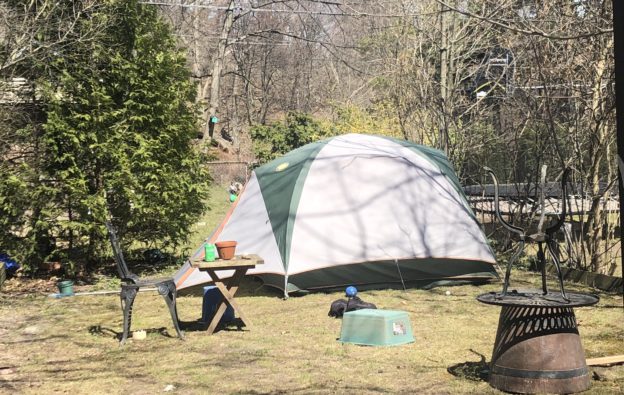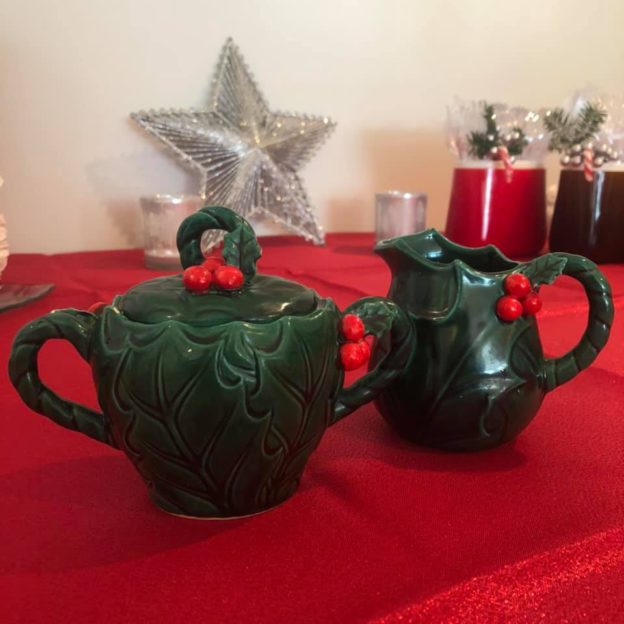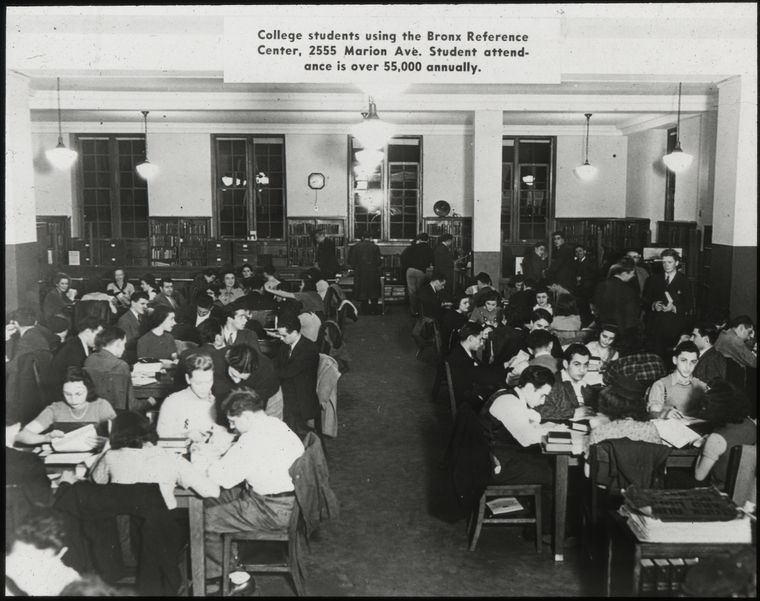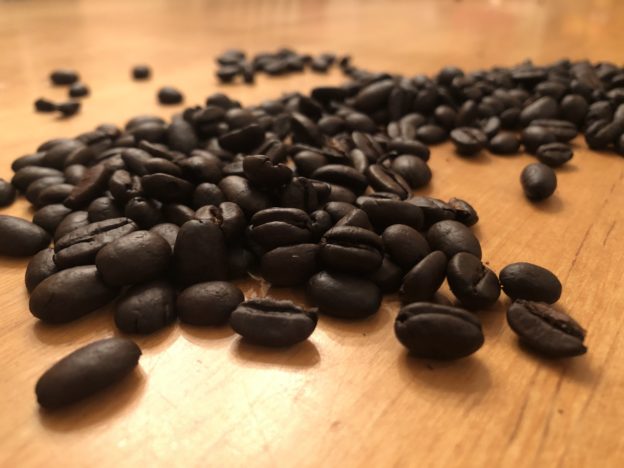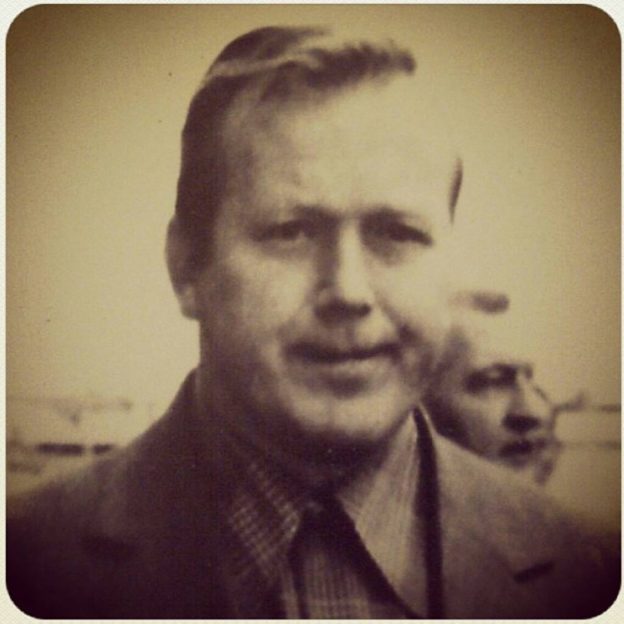In early spring, just as everything around me was shaking off a winter sleep, I found myself grinding slowly to a halt. It began gradually. Mornings became harder, and my once manageable walking and exercise routines started to feel impossible. Routine chores that I normally found stabilizing were starting to fill me with dread. Even cooking, which is hands down my favourite mood lifter, began losing its appeal. Dinners started to taste remarkably like obligation. Within a few weeks, my low level meh took on a sharper edge: emails and texts went unreturned, sleep became fitful, and the tension in my jaw and temples became near constant companions. With a strange detached curiosity, I watched as my to do list expanded and my reservoir of resolve for tackling it shrank. The most concerning part for me was that I didn’t care. Those who love me know that for me, not caring about a to do list means something definitely isn’t right.
I moved along like this for several months, convincing myself that stress was the culprit. I chalked up my persistent low mood to the impossible demands of a new role at work, and to the widespread (and well earned) cynicism and crappy morale from a large-scale restructuring that has left everyone at the office a bit unmoored. I had enough self awareness to know that my lingering malaise was also connected to the private but painful loss of an important friendship, the impact of which I am only now ready to unpack.
I probably would have continued longer in that semi-aloof space were it not for a few sobering but ultimately helpful developments. The first was missing an important kid-related deadline. In retrospect, it was hardly the end of the world, but the sudden awareness that I had profoundly disappointed my son was enough to jolt me from indifference and start to try to figure out the source of my mood. Shortly after that missed deadline, I received some health-related news that is no longer overly concerning, but did force me to take stock of some basic things about the way I was moving through the world.
Flash forward a few months to summer. I was starting to feel a little better — still tentative and not quite back to my usual energy, but looking forward to the first stretch of holidays with my family. All the familiar pre-vacation rituals helped to create some much-needed momentum: planning cottage meals with my sister, creating playlists for the drive up, and of course, the final glorious act of turning on the out-of-office reply on my work email. I even wrote the predictable facebook post about the joys of heading off on vacation, all the while trying to convince myself that all would be well once the lake was in my sights.
As it turns out, I was entirely unprepared for what surfaced internally in my first few days off the grid. What should have been a solid week of rest and relaxation felt more like emotional paralysis. It was all I could do to prop my book open and stare at the page to ward off any delicate inquiries about my state of mind. As I watched the kids in my life (including the 50 year old one] jump in and out of kayaks, eat giant scoops of bubblegum ice cream and chase the resident chipmunks, I felt isolated and alone. I didn’t sleep or eat well, and spent of most of the first week alternating internally between a dull fear and a muted but ever-present simmering rage. I sat in my favourite deck chair for hours on end, staring out at the lake and praying silently that I would feel more like myself soon.
Half way through the week, I plopped down next to my nine year old daughter on the beach in the hot mid-morning sun. I watched as she hastily applied her sunscreen, anxious to get in the water to begin yet another day of perfecting her handstands in the lake. Feeling guilty for how little time I had directly spent with her that week, I mustered up all my available energy and offered what I thought was a noble compromise. “I promise I’ll come in the water as soon as I get hot enough, ok?” She shrugged agreeably, working in the last of her sunscreen in small circles on her knees. “Ok sure, if you want to,” she said, turning her head towards the lake. “But if you don’t feel up to it, you can also just sit here on the beach. Because you can see my handstands way better from here!” And with a quick kiss on my forehead, she ran towards the lake, shouting a preemptive and slightly obnoxious warning to her brother about the need to immediately up his handstand game.
As I watched her tear through the sand and dive headlong into the tiny rolling waves, I began to feel space open up in my otherwise tight chest. After a few minutes, my shoulders began to slowly drop back into their rightful place below my ears, and I noticed that the knot in my stomach was starting to release itself. I leaned back on my towel and using my floppy hat to block the scalding sun, I took a few long and deep breaths, letting the warm rays wash over me. For the first time in many, many months, I felt more than okay. It’s true that it would be a while before I was ready to frolic happily in the water with my beloveds, or to face the horror of my to do list. Quite the contrary, in fact: in that moment, I was acutely aware of not being even remotely sure about so many of the choices I had made of late, or about what my next steps might be. All I knew is that after months of feeling strangely outside myself, and often very much alone, I was exactly where I needed to be. I was sitting on a beach, being warmed and cared for by the sun, and by my extraordinary daughter. I sat there for a very long time, enjoying the warmth, and the front row view of the handstands.
Since coming home, and especially since starting another stretch of vacation, I’ve spent a lot of time thinking about that morning on the beach. I still haven’t fully sorted out exactly what is driving my prolonged restlessness, but I am starting to feel like I understand the general shape of it. I’ve begun to tentatively take some action towards new directions that better nourish the parts of me that I’ve long neglected. That morning on the beach didn’t solve everything, but it certainly helped to reframe a few very dark months into a time of possibility, and perhaps even necessity. It helped me know with certainty that my waiting and watching were actually taking me somewhere. If nothing else, it forced me to slow down long enough to take a closer look at things that I’d been pushing away with constant activity, and with immersing myself, often far too deeply, in other people’s struggles.
Perhaps most importantly, that morning on the beach reminded me that I didn’t have to figure everything out at once. I could take my time, secure in the knowledge that no matter where I lay my towel, or how long it might take to get back in the water, I was loved and accepted, exactly as I am. For the many kind and curious friends and family who have asked me about my faith over the years, this is the closest I can to an explanation. My faith is rooted in a very basic feeling of knowing with certainty that, even in the waiting and watching, I am deeply and utterly loved. And this feeling, and my accompanying belief in a benevolent God, is actually what makes it possible for me to work at, at least some of the time, trying to offer some of that love back to those around me that are also waiting and watching, and sitting quietly on the beach praying for the courage to get back in the lake.
Today is my 47th birthday. I’m still waiting and watching, and trying to sort out some next steps. I know this will likely take awhile, but I’ve learned that in the meantime, it’s also very possible to let yourself relax into even the most in-between spaces. In the meantime, you can function as well as you can, and try to get a few good things done. In the meantime, you can rent a cottage for a week and teach your kids to play euchre, then try not to whine too much when they smoke you three games in a row. In the meantime, you can pretend not to hear when they whisper far too loudly about birthday surprises that include artery-clogging dinners made with more love than you ever thought possible. In the meantime, you can read four mystery novels in a row under a canopy of trees and sunshine, and rest in the company of friends who feel like family. In the meantime, you can learn to once again savour the pleasures of cooking (or better yet, eating) a simple but well executed meal, or watching the joy in your sister’s eyes as she correctly identifies the mystery bird perched high above in the tree. In the meantime, you can watch your partner sit quietly in the setting sun, whittling a celtic cross that you secretly hope is for you (it was), or painting delicate strokes on pieces of birch bark. In the meantime, you can think fondly about the many, many people in your life and in your various communities who help to reflect back to you the version of yourself that you sometimes just can’t see. Many of these people are also the ones who help remind you that something is working on your heart and mind in ways that you can’t even fathom. For me, that something is a God who is at once both divine and incarnate, armed with a boundless love and the ability to cast light in even the darkest corners.
In the meantime, you can also remind yourself of something that every good farmer knows: if you want healthy crops, you must sometimes let your field lie fallow for long stretches. Even the richest and most fertile soil needs in-between periods. All that waiting and watching will not be in vain. Before you know it, you might just be doing handstands in the lake.
.
